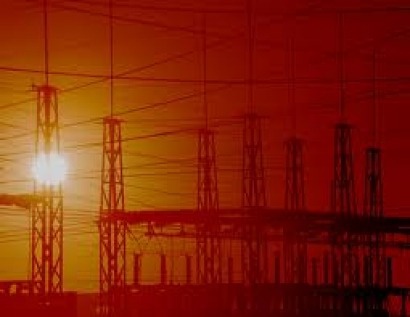
Researchers with the Office of Technology Assessment at the German Bundestag (Büro für Technikfolgen-Abschätzung beim Deutschen Bundestag TÜV SÜD AG) are carrying out a study on "Modern Technologies for Grid Optimization".
By the time the project is completed, the study team intends to have recommendations on technological and regulatory measures that are required for ensuring security of supply.
"Electricity grids will undergo massive changes in the coming years and decades", said Dr. Royth v. Hahn, project manager in charge of the study at TÜV SÜD AG. "Determinants of this development are firstly the liberalization and integration of the European electricity market, and secondly the expansion of renewable energies and the integration of decentralized and volatile sources of energy into the electricity grid."
The study is intended to identify medium-term perspectives and options for the transformation and operation of future electricity grids. "Security and reliability of the electricity supply are critical and must be maintained or even improved throughout the transformation of our present electricity grids into the power grids of the future", Hahn said.
Among the issues that will be included in the assessment of technological and regulatory improvements in the electricity grid are the expansion and installation of new electrical power lines and grids and improved grid management through intelligent technology (i.e. smart grids), the establishment of an European “supergrid”.
The team points out that to ensure interoperability of the individual smart-grid elements, international standards must be developed and implemented. At the same time, they caution that the transition to “smart grid” technology must be carried out with adequate protections to ensure security of supply.
"Given this, we also need to take a closer look at the potential risks of the information technology used,” Hahn said. "These risks primarily include failure probability based on the use of new, complex technology and the risk of attacks targeted at the supply infrastructure."
"We are very happy to have won the contract for this challenging study on an important issue of the future", added Dr Kai Strübbe, Head of Embedded Systems at TÜV SÜD AG. "Within the scope of the individual modules of the study, we will cooperate very closely with our colleagues at Ludwig-Boelkow-Systemtechnik."
For additional information:

